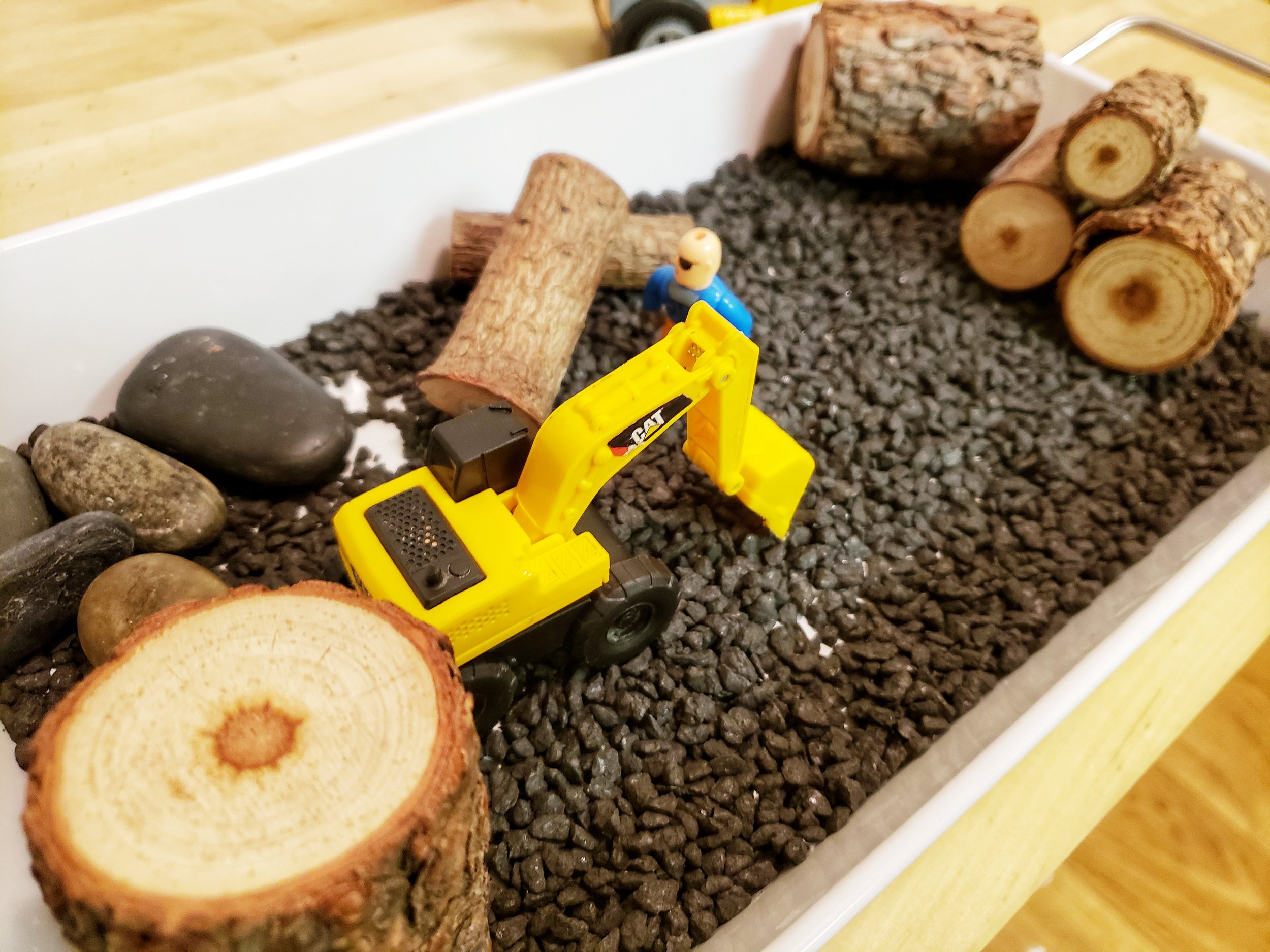5 Ways to Encourage Parent Support in the Classroom
It takes a village to raise a child, and it takes one to teach them as well.
Being an early childhood educator can be challenging and it helps immensely when there’s a supportive team in your corner.
Unfortunately, it’s not always an automatic response for parents to rally around daycare/preschool teachers and we need to find ways to encourage their support.
The stronger bonds and relationships we can build with parents, the easier it is to help the child succeed in the classroom. This relationship becomes especially important if challenging and difficult behavior arises.
It’s important that parents and teachers not see each other as competing influences in the children’s lives, but as a unit, with both working to ensure the best for the child and their education.
Here are some ways to build strong relationships and encourage parental support in the classroom.
Get the parents involved in the classroom:
A lot of parents have to work long hours, which means leaving their kids to the care of someone else for long periods of time.
It’s easy for parents to feel disconnected from the classroom and what their children are doing because of this.
For some parents, disconnection can result in not understanding how the home environment and parenting effects the child in the classroom and vice versa.
You may notice a lack of consistency for attendance and/or drop-off times, not taking the concerns of teachers seriously, low engagement for classroom events, and little sense of urgency for requests like evaluations/assessment results or paperwork.
Likewise, that disconnect can sometimes also leave parents feeling like someone is replacing them or trying to overstep their parental position in the child’s life, nitpicking/over-exaggerating, or judging a parent if a teacher is perceived as pushing too hard or delivering difficult information like behavior challenges.
Help parents get involved in the classroom and reconnect with their child’s learning environment by giving them opportunities to volunteer. If they have a way to contribute and be a part of the classroom experience, they’re more likely to feel connected to it.
This way they don’t see it as you on one side, them on the opposite side, and the child alternating between these two sides, but rather a circular relationship.
Although, not every parent will be able to volunteer their time they might be better suited to volunteering their talents or funding. Be sure to offer different ways for parents to contribute.
You can offer parents the chance to:
Read to the classroom
Help with classroom events
Bring in snacks, and classroom materials
Help with larger projects (like changing classrooms theme or DIY projects)
Decorate the bulletin board
Contributing specific skills (like parents who are good with gardening or painting)
Creating center/lesson materials from home
Offer special extracurricular activities (like a soccer game, yoga, or music class)
Help with school events like classroom parties
Parent Teacher Conferences
Even though the children are young, it’s still important we have regular discussions about children and their development, goals, and progress with their parents.
Sometimes the brief 3 minutes we have with parents during pick-up/drop-off times don’t offer the opportunity to discuss things in depth.
Having these conversations can help both teacher and parents gain insight into how the child is doing and what might be impacting certain behaviors and development.
Not only that, it can help parents feel more involved and more included in the decision-making process when teachers are creating lessons and individual goals.
This is the perfect opportunity to help parents gain insight into the inner workings of the classroom, your curriculum, and the expectations you have and hear what the parents are needing from you as well.
Conferences shouldn’t only be to discuss behavior issues either. They can be used to discuss overall progress and growth.
Not all childcare and preschools can have dedicated time to parent-teacher conferences, however, and likewise, not all parents can make it during the day.
Consider pre-planning a day that parents are notified of at the beginning of the year, hosting online conferences with parents over platforms like Skype or Zoom, having a substitute available for teachers if you can’t close the school for a day, or sending out detailed “progress reports” that include a section for parents questions and comments.
Conferences can also communicate to parents that what children do, even in early childhood classrooms, is still vitally important and you’re a professional.
It’s more than just “daycare”, but important, foundational experiences that will build on their future educational journey.
Open Communication
Outside of “daily reports”, there should be open communication between parents and teachers.
Often, besides “they did well today” there’s no real conversation between parents and teachers. Utilize unique apps like MyKidzDay to engage in meaningful conversation and keep parents in the loop about their child.
Not every day is going to warrant a page-long report about what the child has done, but sharing pictures, having a parent board or a display of children’s work, and newsletters can really help parents feel like they know what’s happening in their child’s day-to-day life at school.
Parent Education Nights/Resources
Teachers can really have a lot of insight that parents might appreciate, and as a teacher sometimes we have access to resources that might be harder for parents to find on their own.
Consider having parent education nights on things parents might be struggling with, have expressed interest in, or would help the teachers and staff out more if the parents were more aware of that topic.
It could be a short 30-minute discussion, informative pamphlets/articles, guest speakers, or information on classes/workshops in the area.
Some good topics could include:
Positive Discipline
Stress Management
Healthy Eating and exercise for young children
Literacy and reading for young children
The importance of play
Resources for single parent/military/blended/etc homes
It’s also good to regularly keep parents informed about the importance of the teachers and their role in the classroom and the children’s lives.
These types of classes are a great way to help parents gain insight into how important early childhood education is and how much their support means.
School Wide Events
When they feel close to other parents and their families, the staff, and everyone as a community, they’re more likely to be invested in the individual classrooms.
Host school-wide events like family picnics, holiday events, garage sales/fundraisers, read-a-thons, and craft days to bring the school together.
Let Them Get To Know You
You don’t have to necessarily be friends with all the parents and caregivers, but building a solid relationship can be key to getting them motivated enough to support you in the classroom.
Have an updated bio about yourself somewhere for parents to see, and connect with them over a similarity or shared experience (ex: if you notice they wear lots of Stranger Things merch you can mention you also enjoy the show or if you’re both from the same state), or share bits of your personality like a silly, appropriate meme on the parent sign in board.
A guest appearance outside of the school environment, such as stopping by the school fundraiser at a frozen yogurt shop, can help parents see you as an individual and not just “Anna’s teacher” and bridge that gap in your relationship with them.
The biggest part of encouraging parent support in the classroom is keeping communication open, and making sure the school's environment is friendly and inclusive of parents.
Take time to truly listen to the parents and their concerns, help educate and include them, and make them feel welcomed and appreciated.
While we have no control over their parenting decisions and what they do outside of the classroom, we can invite them to be contributors inside the classroom.
It’s not us vs them, but all of us together, to help their child thrive.











Aggressive behavior like hitting, kicking, and biting are easily cited as one of the most stressful behaviors in the early childhood classroom. Here are some tips for handling aggressive behavior in the PreK/daycare classroom.